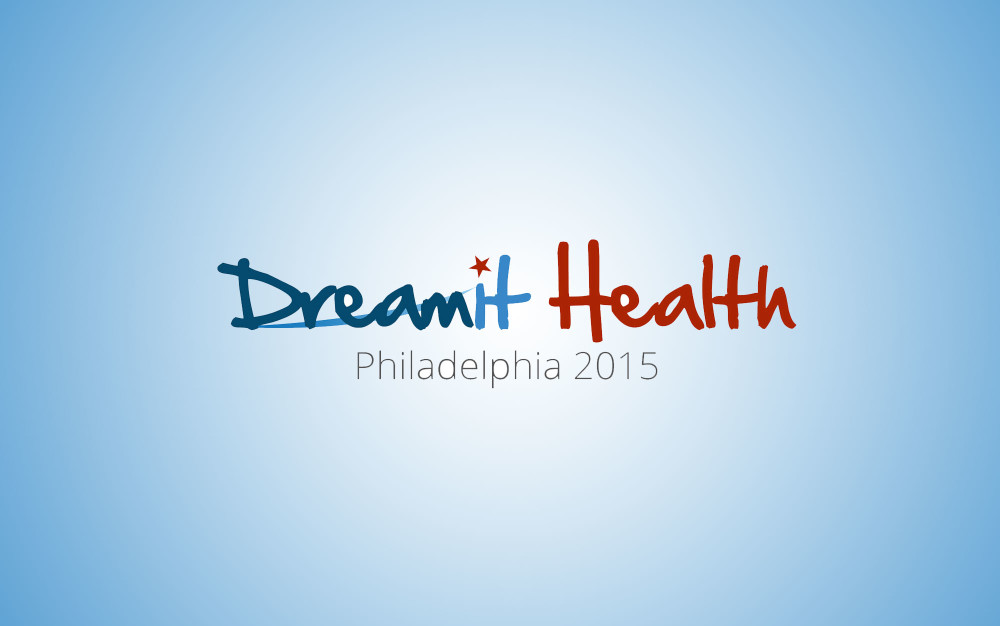By Jonathan Takiff
The Philadelphia Inquirer.
If they Dreamit, will the dollars follow? And our health improve?
Several newly spawned Philadelphia-based start-ups with health applications made that pitch Monday at the third annual Dreamit Health Demo Day in Center City.
Products ran the gamut from the Smart Mouthguard wearable from Gray Matter, which measures if athletes have suffered a concussion (50 percent now go undetected), to a tracking system for cancer patients, Oncora Medical, that calculates if doctors are overdoing it on the treatment.
All start-ups are promising to save lives, cut costs, and provide a fast return on early investors’ money (most seeking between $250,000 and $1 million).
“For this round, we winnowed down the field from about 200 applications,” said Avi Savar, CEO of the entrepreneurial incubator and accelerator company Dreamit Ventures, which was introducing the start-ups to would-be backers in a conference room at the Cozen O’Connor’s law firm’s new headquarters.
Dreamit Health Philly’s development partners, Independence Blue Cross and Penn Medicine, jumped in to help cull the herd after the list of prospectives was shaved down to 20, said Megan Snyder, business development analyst for IBC. “We look to a strong idea involving patient engagement and also a great team that we feel can execute.”
Ten start-ups finally got to participate this spring and summer, said Savar, in a four-month accelerator program, a product-refining process heavy on mentoring from tech and business types, including the developers of past Dreamit Health success stories — like BioBots, a 3-D bio-printer that aims to build living tissues out of human cells.
But only eight start-ups actually made it to Monday’s graduation ceremony.
A spin-off of the Children’s Hospital of Philadelphia’s Research Institute, Diagnostic Driving began as a simulator for young drivers. Now it’s a software program that is seeking endorsement and funding from large companies with fleets of car and truck drivers to worry about.
Steered simply on a PC (or VR glasses) and a handheld tablet/phone, this video game-like (but not) program aims to improve the drivers’ performance or force them out of the seat.
One in five new drivers has an accident during the first year behind the wheel. And over 50 percent of Fortune 100 companies now experience more than 10 crashes per day, said institute scientific director Flaura Winston: “There’s a reason most [other] driver tests are easy. It’s because people get into accidents when the tests are actually difficult.”
Developers of CareCierge are also hoping employers will cough up a couple bucks a month (per employee) for their service. It aims to assume some burdens of elder care now taken on by grown children, often when they could or should be working.
Another patient-monitoring service presenting at Dreamit, dbaza health, is a “start-up” already being used by more than 400,000 patients to manage and reduce the costs of chronic diseases like diabetes with educational and self-care tools.
Like Oncora, the personalized breast-care risk platform VisExcell works with big data and machine learning to help radiologists fine-tune patient treatment. Radiation therapy is often as dangerous as the tumor it aims to erase, “breaking ribs and causing lung ailments,” noted Oncora Medical cofounder David Lindsay, an entrepreneur and sometime University of Pennsylvania student who identifies himself as “1/2 MD, 1/2 PhD.”
Given the millions of student athletes at risk of concussion, the Smart Mouthguard won a personal best of show from Clark DeHaven of the SoundBoard Angel Fund. “There have been products like this before, but the developers” (Gray Matter) “told me prior patents were too narrowly written, so they can capitalize on that” and exceed current tools.
Also working the wearable-tech-for-athletes angle is GraphWear Technologies. It’s a stick-on patch and companion wireless device, “graphene-based,” that monitors dehydration, glucose, and lactic acid, all from body sweat.
The watch you wear may also save your life if it’s loaded with neutun software; 20,000 epilepsy sufferers have installed the “continuous passive tracker” to analyze and send alerts, touted cofounder and presenter Eric Dolan.
“They like it because it’s on a regular smart watch that doesn’t broadcast ‘I have a problem’ ” — unless you actually














































































































































































































































































































































































